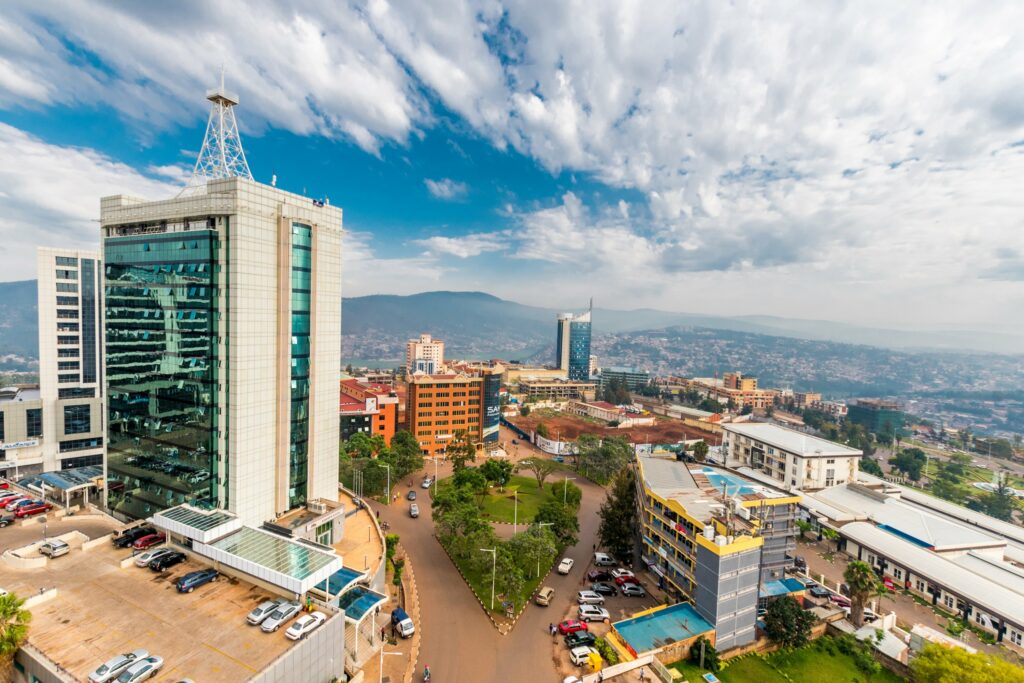Rwanda has directed the stoppage of all cryptocurrency transactions in the country.
The National Bank of Rwanda ordered all Rwandan banks to halt all cryptocurrency-related operations until a regulatory framework had been established.
Rwanda has joined the list of African nations that have banned banks from handling cryptocurrency transactions, along with Zimbabwe and Nigeria.
The NBR’s acting governor, Soraya Hakuziyaremye, defended the organization’s action in a letter sent on January 31 to managing directors and CEOs of financial services businesses.
She said customers are left without the “guarantees and safeguards associated with regulated financial services” because the majority of crypto assets are unregulated.
In its letter, the NRB details other instances in which con artists like Gerald Cotten of the Quadriga cryptocurrency exchange and Ruju Ignatova of Onecoin have defrauded cryptocurrency investors.
Only one-quarter of the nations in sub-Saharan Africa have formal cryptocurrency regulations, according to a November IMF research.
Six nations—Cameroon, Ethiopia, Lesotho, Sierra Leone, Tanzania, and the Republic of Congo—have banned cryptocurrency, and the other two-thirds have imposed certain limitations.
Liberia instructed a local cryptocurrency business to halt operations, and Zimbabwe ordered all banks to stop processing transactions (implicit bans).
In the past, many African nations have outlawed transactions involving cryptocurrencies.
BusinessCompiler estimates that by the end of 2021, 23 African nations will have outlawed the usage and exchange of cryptocurrencies within their national economies.
It was discovered that, although 19 other countries had no explicit limitations on digital assets, four African nations had outright bans on cryptocurrencies.
The central bank of Rwanda issued a warning to its citizens in 2018 about engaging in cryptocurrency transactions.
Hakuziyaremye acknowledged that people in Rwanda had kept trading digital currencies like Bitcoin.
According to the letter’s assessment, “more than three million U.S. dollars have been traded on the Rwandan market since January 2020,” according to the data that is now accessible.
NBR aims to shield users from the turbulence of the cryptocurrency industry.
For instance, Binance, whose presence was noted in Rwanda, is the subject of a money laundering investigation in the US.
According to her letter, the Financial Conduct Authority prohibited the same business because of “weak consumer and investor protection mechanisms.”
The protections and safeguards associated with regulated financial services, according to Rwanda’s top Bank, crypto consumers are exposed to a market lacking those things. Therefore, limits have been placed on financial institutions to shield them from a potential collapse and prevent them from actively participating in transactions using cryptocurrencies.
“The NBR is concerned about the involvement of financial institutions in crypto activities,” the National Bank of Rwanda stated. “Although crypto asset activities are still limited and do not therefore pose substantial risks to the financial and monetary systems of Rwanda.”

